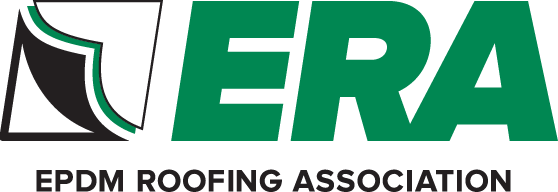VOTING FOR A RESILIENT FUTURE

As many Americans look forward to taking a break from work this summer, the one hundred senators laboring away on Capitol Hill apparently will not be joining them. Senate Majority leader Mitch McConnell has cancelled the Senate’s traditional August recess, blaming the need to work through Washington’s dog days on what he calls “historic obstruction” by Democrats. There is general agreement that among the outstanding legislation in urgent need of Senate attention is the reauthorization of the Federal Aviation Administration (FAA). The House has already approved the FAA Act, which also includes the bipartisan Disaster Recovery Reform Act (DRRA), a potentially important piece of legislation for the construction industry. The DRRA provisions of the bill will help communities better prepare for, respond to, recover from, and mitigate against disasters of all kinds. In other words, there will be funding to help restore the built environment after a cataclysmic event, but there will also be significant funding to help prevent, or mitigate, the damage wrought by these events. This funding encourages communities to be forward looking and prepare to withstand these events, rather than wait for the worst to happen, and then try to recover.
ERA, joining with a coalition of other interested parties including the Pew Charitable Trust, the American Public Works Association, the ICC, and the National Emergency Managers Association, has urged Senate leadership to pass this DRRA legislation that would support a more resilient infrastructure. In a letter to the Senate leadership, the coalition members said that the pending legislation would “make out nation’s communities, people and infrastructure better prepared and more resilient to the impacts of natural disasters and other catastrophic events.” While emergency funding is still, of course, needed to help communities recover from the impacts of extreme weather events, the pending legislation focuses on mitigation activities that would prevent or reduce fatalities, injuries and damage to public infrastructure and private property. Specifically, the coalition letter calls for “dedicated funding for sustained long-term, pre-disaster hazard mitigation for national public infrastructure.” This would include funding for public and assisted housing, schools, hospitals, airports, and water treatment facilities, all critical infrastructure components.
It has been a year since ERA launched our resilience-focused website, epdmtheresilientroof.org, dedicated to being a source of information for our customers and for the construction community as a whole. This website details the need for resilience in roofing systems, and the specific attributes of EPDM that make it uniquely valuable in attaining resilience in a structure. This pending legislation could provide much needed funds for communities to access our members’ products, and take advantage of EPDM’s longevity, strength, ease of repair, and durability to help give their communities a resilient future. The economic equation alone supports investing in mitigation: this past year, a report of the National Institute of Building Sciences reported that every $1 spent on hazard mitigation can save the nation $6 in future disaster costs.
While summer may mean vacation for many Americans, it is not reasonable to expect that we will get a respite from the increasingly dangerous and destructive weather events that have devastated parts of the United States during the past decade. Last summer, six major hurricanes made 2017 the costliest year ever for the nation in terms of weather and climate disasters. Three of these hurricanes alone – Harvey, Irma, and Maria – racked up $265 billion in damage. This year, NOAA is predicting a hurricane season most likely equal to or worse than last year. The pending legislation in the Senate gives us an opportunity to put our resources into careful and strategic preparation for these deadly storms and other cataclysmic weather events. This is surely better than waiting to suffer devastating losses, and then facing huge expenditures just to replicate our past inadequate preparation.


Leave a Reply